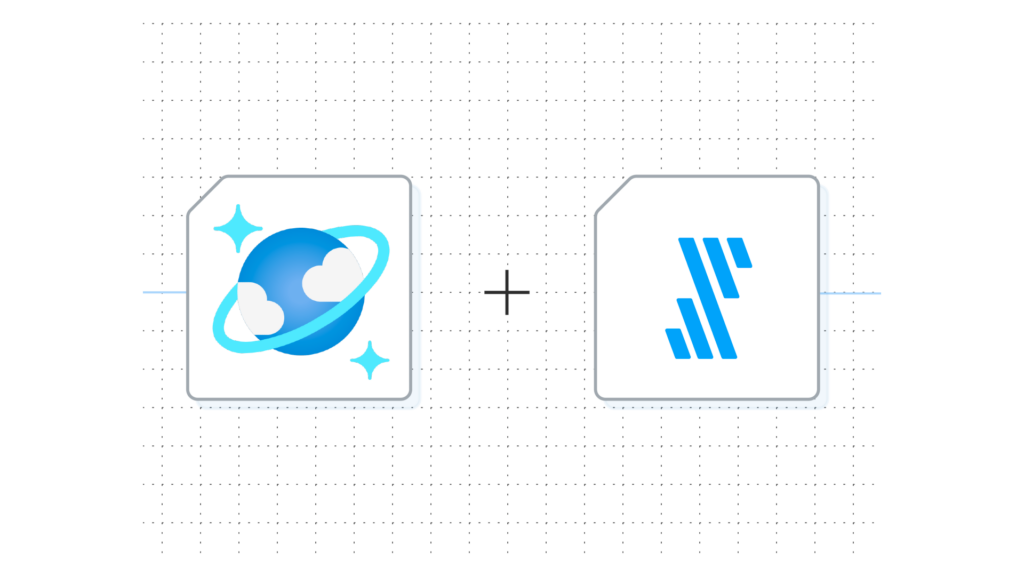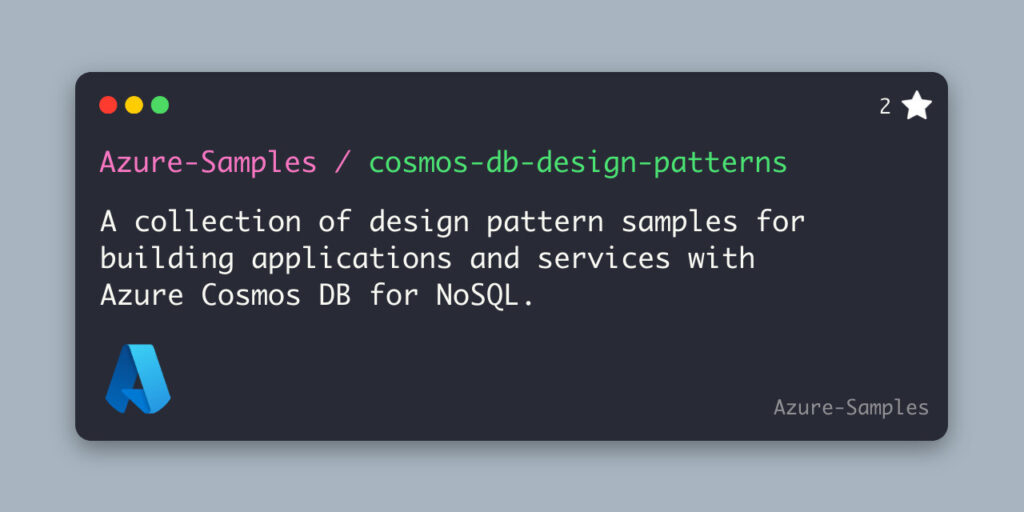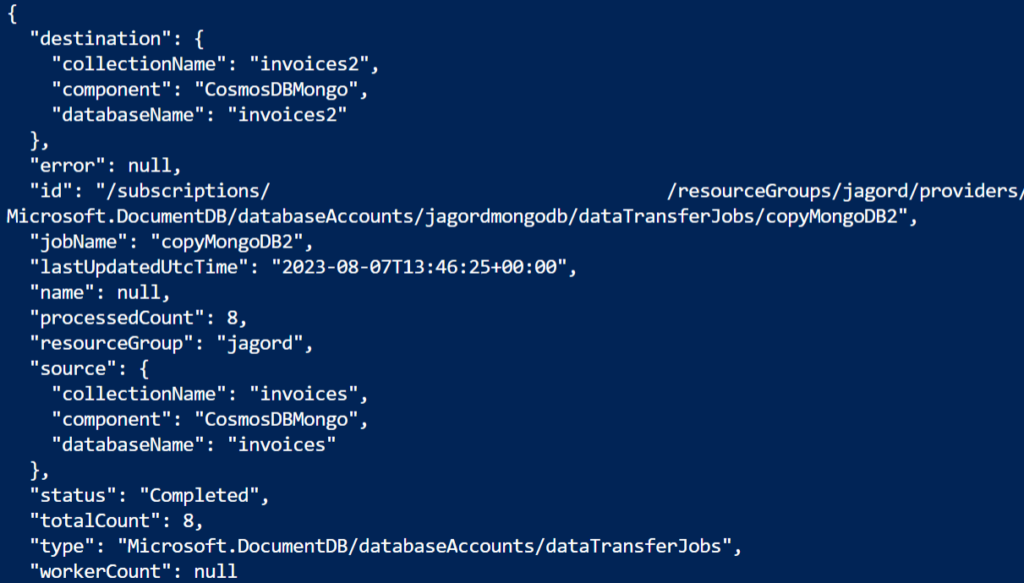


Announcing Azure Cosmos DB custom routing endpoints for Azure IoT Hub – GA

Postgres 16 available in Azure Cosmos DB for PostgreSQL, powered by Citus

Exploring the Free Try Azure Cosmos DB Sandbox Experience

Driving real-time analytics with Azure Cosmos DB and Fivetran

Announcing JavaScript SDK v4 for Azure Cosmos DB

Azure Cosmos DB design patterns – Part 1: Attribute array

4 Design Patterns to Deal with Large Item Sizes in Azure Cosmos DB for NoSQL

Introducing Intra-Account Collection Copy in Azure Cosmos DB for MongoDB


 Light
Light Dark
Dark